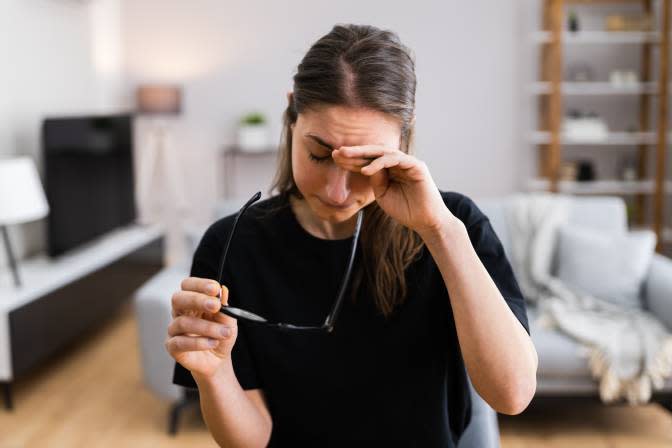All Categories
Featured
Table of Contents

Regular eye examinations are vital for maintaining good vision and discovering potential eye health concerns early. The frequency of these exams can vary substantially based on a person's age, way of living, and total health. Recognizing the advised routine for eye examinations can aid guarantee that individuals of every ages receive suitable care and monitoring for their eye wellness.
Newborns and Toddlers (0-2 Years)
For young children and babies, eye exams are essential for discovering any kind of prospective vision problems beforehand. The American Academy of Ophthalmology recommends that a child's first eye test need to happen at around six months of age. During this first go to, the eye treatment professional will certainly analyze the youngster's aesthetic advancement and check for any type of obvious eye problems.Following this initial exam, it is suggested that youngsters have another eye examination at age three. This check out will concentrate on analyzing the youngster's overall visual function, including eye positioning and the capacity to track things. If no problems are found, the next exam must be scheduled prior to the youngster starts school, commonly around age 5 or 6.
School-Aged Kids (6-18 Years)
When youngsters reach school-age child, routine eye tests must be set up each to two years. Vision is essential for finding out and development, and lots of schools conduct vision screenings. Nonetheless, these testings do not change a comprehensive eye test by an eye care specialist.For youngsters associated with tasks or sports needing significant aesthetic focus, yearly eye examinations may be suggested. Furthermore, if a child exhibits signs of vision issues-- such as difficulty reviewing, scrunching up your eyes, or regular migraines-- a visit to the eye doctor should be arranged as soon as possible.
Youthful Grownups (19-39 Years)
Youthful grownups commonly have fewer vision changes than older age, but regular eye tests continue to be necessary. The general suggestion is to arrange an eye exam every two years throughout this duration. People with details threat aspects-- such as a family background of eye condition, diabetes mellitus, or those who use contact lenses-- must take into consideration yearly eye examinations.Furthermore, those who spend considerable time on electronic devices may experience electronic eye stress. If symptoms such as dryness, exhaustion, or obscured vision occur, it may be a good idea to see an eye care specialist sooner.
Adults (40-64 Years)
As individuals go into midlife, the possibility of developing vision problems rises. Grownups aged 40 to 64 need to set up eye tests each to two years. This age might begin to experience presbyopia, an all-natural age-related condition that makes it testing to concentrate on close objects. Eye tests can likewise assist find other common age-related conditions such as glaucoma, cataracts, and macular degeneration.If people in this age group have threat aspects like high blood stress or diabetes, they might require more frequent assessments to monitor their eye health very closely.
Seniors (65 Years and Older)
For elders, routine eye exams come to be a lot more vital. The American Optometric Association recommends that individuals aged 65 and older have an eye test at the very least annually. Older adults go to a greater danger for various eye conditions, consisting of cataracts, glaucoma, and age-related macular degeneration. Early discovery and therapy of these conditions can avoid vision loss and improve the quality of life.Verdict.
Comprehending the suitable routine for eye exams based on age is crucial for maintaining optimal eye wellness throughout life. From babies to elders, routine eye assessments play a vital duty in spotting concerns early and making certain that vision remains sharp. By adhering to these standards and talking to an eye treatment specialist, individuals can take aggressive steps towards preserving their vision and total wellness. Whether it's a youngster's first visit or an elderly's annual examination, prioritizing eye care is a financial investment in lifelong well-being.Table of Contents
Latest Posts
A Historical Coastline Location with Modern Thrills
Published en
1 min read
Picking the Right Place: What to Think about for Weddings, Conferences, and Events
Published en
1 min read
Host Your Perfect Event: Place Rental Options for every single Occasion
Published en
1 min read
More
Latest Posts
A Historical Coastline Location with Modern Thrills
Published Mar 28, 25
1 min read
Picking the Right Place: What to Think about for Weddings, Conferences, and Events
Published Mar 23, 25
1 min read
Host Your Perfect Event: Place Rental Options for every single Occasion
Published Mar 17, 25
1 min read